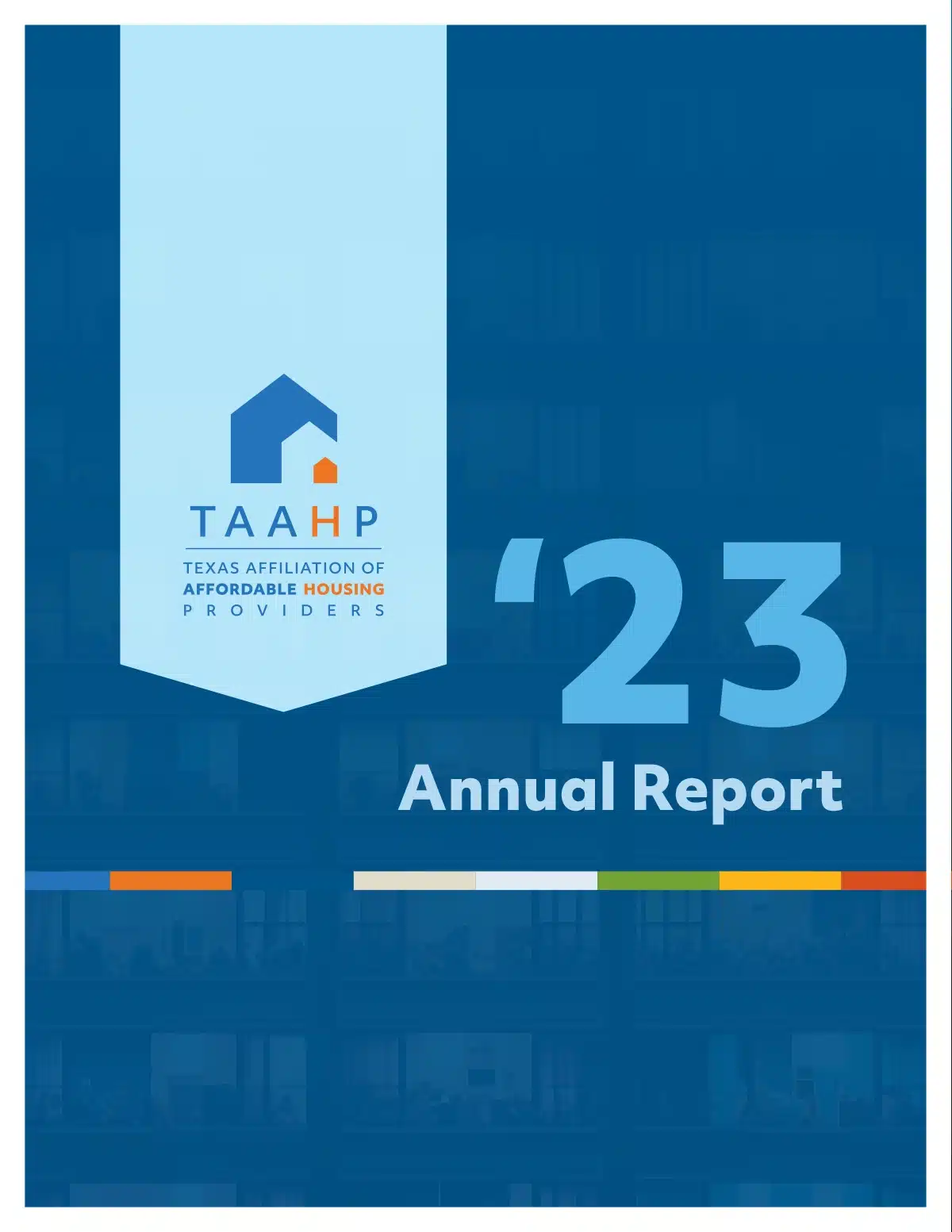A joint research note on the public costs of eviction-related homelessness
WASHINGTON, DC– The Innovation for Justice (i4J) Program at the University of Arizona and the National Low Income Housing Coalition (NLIHC) released a research note today, Costs of COVID-19 Evictions, on the public costs of eviction-related homelessness that the U.S. will incur if emergency rental assistance is not provided.
During the last weeks of October, fewer than half of renters who owed rent were highly confident they could pay it on time. Among renters with no confidence in their ability to pay next month’s rent on time, more than half were borrowing from family and friends to meet their spending needs, one-third were using credit cards, and one-third were spending down savings.
As unemployment insurance, rental assistance, and other forms of support run out, an increasing share of renters will be unable to pay their rent. Moreover, a national moratorium on evictions for the nonpayment of rent issued by the CDC in September expires on December 31, at which time millions of struggling renters will owe months of back rent and a surge in evictions will occur unless Congress acts. “In addition to the cruelty of throwing people out of their homes during a pandemic, a wave of evictions would create significant downstream costs for public health and social service systems,” said NLIHC President and CEO Diane Yentel. “The cost of these social services could be as high as $129 billion.”
Methods of projecting future rent payment rates created by economists at the Federal Reserve and the consulting firm Stout Risius Ross indicate that between 6.7 million and 13.9 million renter households could soon be at risk of eviction. Black and Latino renters were more likely than white renters to be behind on rent in late October, and over a fourth of Black renters said they were not caught up. Renters of color are likely to be disproportionately affected by a wave of evictions.
“We are approaching a very dark winter. COVID cases have surpassed 10 million and tens of millions of our neighbors might lose their homes. Without intervention directed at housing stability and rental debt, a surge of evictions, displacement, and homelessness is imminent,” said i4J Program Manager Mackenzie Pish. “This surge will not only disrupt the lives of millions of renters, it will also trigger a wave of societal costs that will damage local economies already in disrepair. State and federal leadership must invest in housing security now to avoid the insurmountable economic disaster lurking in our near future.”
The report’s findings extrapolate from the Innovation for Justice Program’s Cost of Eviction Calculator, an online tool that allows users to estimate select community costs of services associated with a rise in eviction-related homelessness. NLIHC and i4J estimate the costs of emergency shelter, inpatient and emergency medical services, foster care, and juvenile delinquency to people experiencing homelessness as a result of eviction. Depending on the number of households evicted, these public costs would range between $62 billion and $129 billion. These costs are in addition to the well-documented personal costs of eviction on individuals and the costs to landlords of unpaid rent.
“These costs, which would strain the budgets of public health and social service agencies, can be avoided if emergency rental assistance and eviction prevention programs keep people in their homes,” said Ms. Yentel. “Congress must pass a new nationwide, uniform eviction moratorium for nonpayment of rent and must provide at least $100 billion in emergency rental assistance to protect the housing stability of renter households, prevent the harms that evictions inflict on individuals and families, and avoid a significant increase in social service costs during a recession.”

